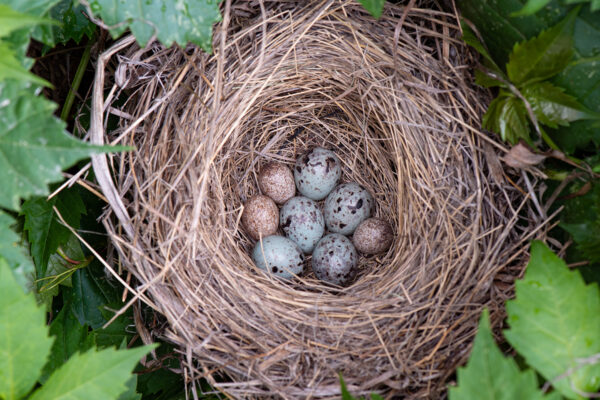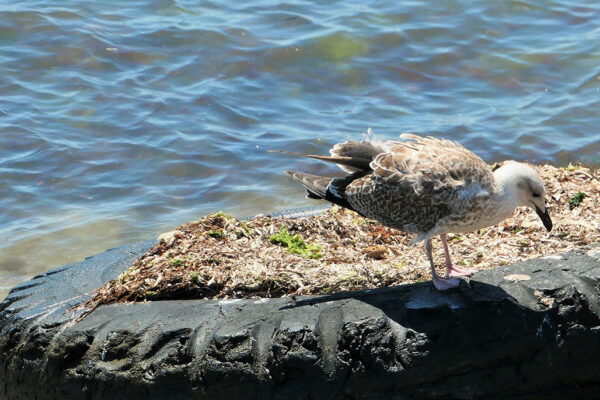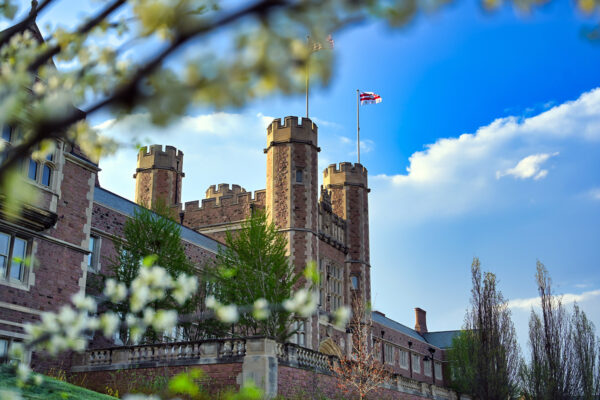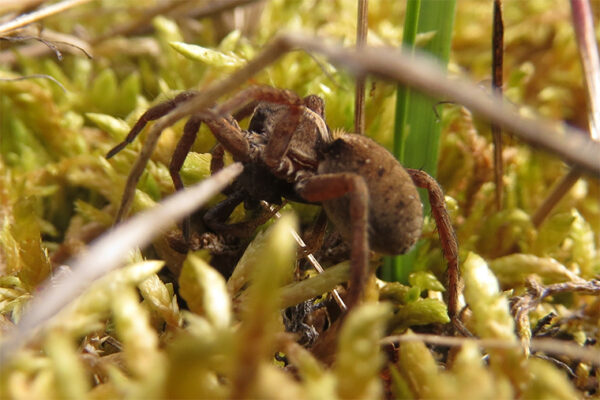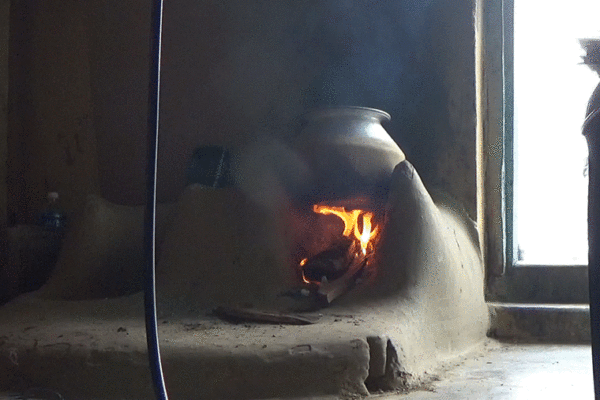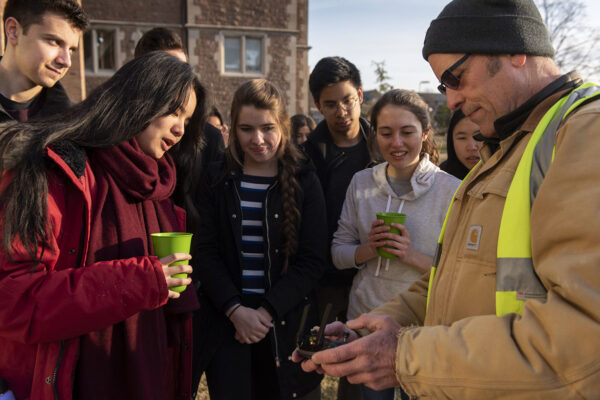Midwest Climate Summit kicks off Oct. 2
Working together to develop a collaborative and coordinated response to the climate crisis in the Midwestern region is the top goal of the upcoming Midwest Climate Summit, which Washington University in St. Louis developed in close partnership with many leading Midwestern organizations. The event, which is free and open to the public, is presented with support from Bloomberg Philanthropies.
Meet the hedge fund managers of avian world
Carlos Botero, assistant professor of biology in Arts & Sciences at Washington University in St. Louis, finds that parasitic birds living in more variable and unpredictable habitats tend to hedge their bets by laying eggs in the nests of a greater variety and number of hosts. The study is published Aug. 21 in Nature Communications.
Why are the humanities integral to the Climate Change Program at Washington University in St. Louis?
Writing in my bedroom office under a stay-at-home order, the coronavirus is reminding me and the world of our interconnectedness and our humanity. We as individuals and as communities—local, national and global—are asking ourselves: How are we adjusting to a new normal? How are we understanding each other and our needs, both individually and collectively?
Missouri Climate Dialogue scheduled Aug. 18
Washington University’s Climate Change Program (WUCCP), along with the University of Missouri–St. Louis, is co-hosting a series of virtual events to address climate and energy topics affecting the state of Missouri. The first is Aug. 18.
‘Extinction crisis even worse than realized’
“This new study shows that the extinction crisis is even worse than realized,” said Jonathan Losos, the William H. Danforth Distinguished University Professor and professor of biology in Arts & Sciences at Washington University in St. Louis and director of the Living Earth Collaborative.
Aluminum may affect lead levels in drinking water
Until recently, researchers have not inspected the interplay between three common chemicals found in drinking water. Research from the McKelvey School of Engineering at Washington University in St. Louis has found they all affect each other and a closer look is needed.
Leadership change in store at International Center for Energy, Environment and Sustainability
Himadri Pakrasi, founding director of the International Center for Energy, Environment and Sustainability (InCEES) at the university, will conclude his tenure as director, effective July 1. David Fike, who has been associate director, will serve as interim InCEES director.
Wolf spiders may turn to cannibalism in a warming Arctic
A study by biologist Amanda Koltz in Arts & Sciences at Washington University in St. Louis suggests that as female wolf spiders become larger and produce more offspring, competition among them increases — triggering higher rates of cannibalism and reducing the number of young spiders that survive to adulthood.
Researchers find organic carbons are also absorbing light — and likely harming people’s health
Researchers at the McKelvey School of Engineering spent two weeks in India cooking with local residents. They found that soot wasn’t the only worrisome byproduct of traditional cookstoves; organic carbons are causing problems, too.
Arts & Sciences launches environmental analysis major
Washington University in St. Louis now offers a major in environmental analysis though the Environmental Studies program in Arts & Sciences. The major is a response to the global demand for environmental and sustainability experts who can think critically, communicate clearly and solve problems in collaboration with their communities.
Older Stories

